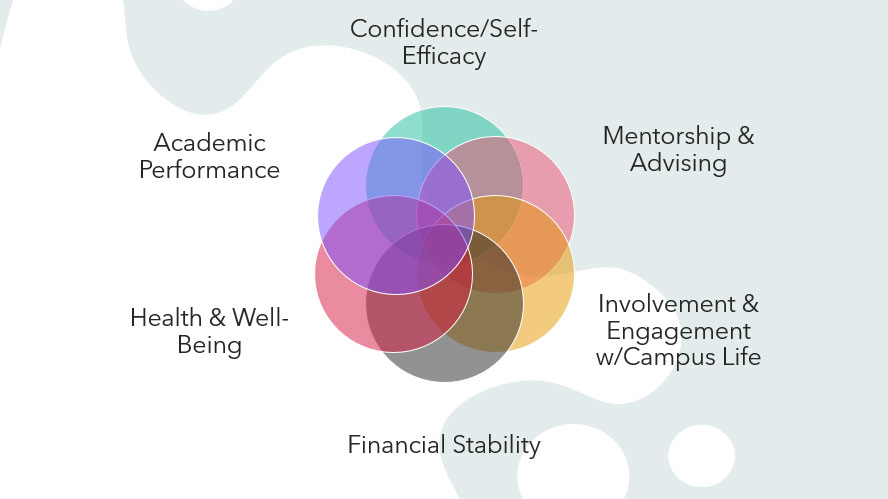
Weekday Morning Sitting Meditation
Join us for 15 minutes of silent meditation every weekday morning, led by various staff, faculty, and students. No registration required. Drop in any day that works for you!
McCullough Crest Room
Closed to the Public



